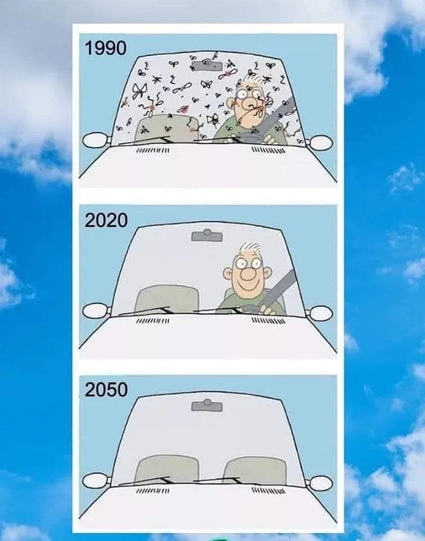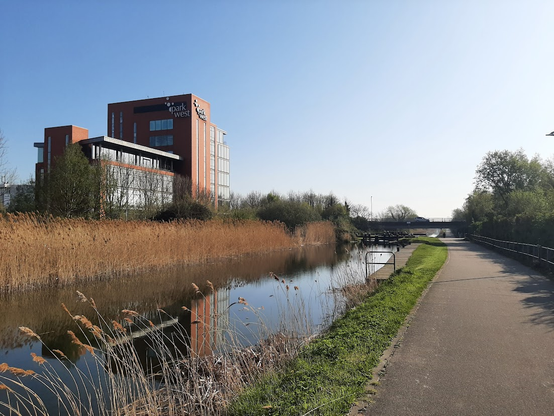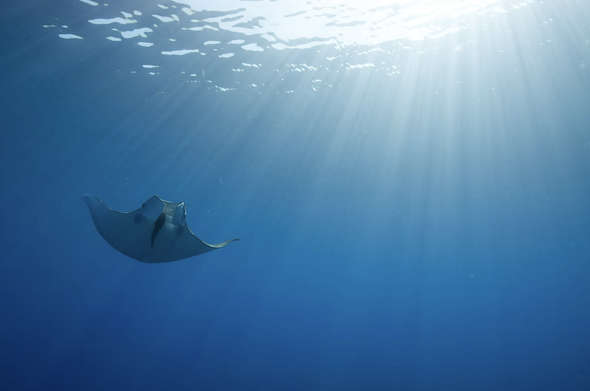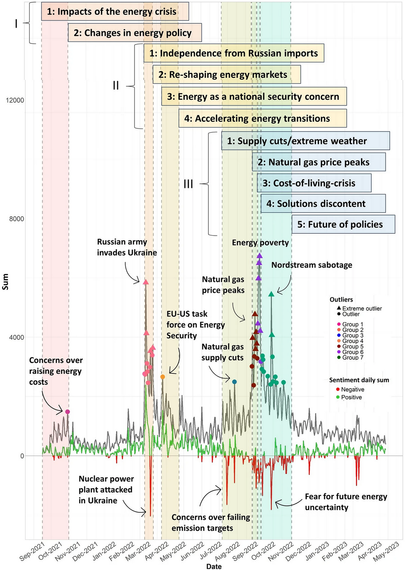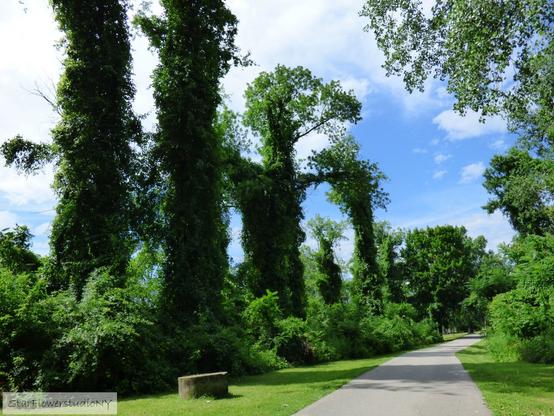RE: https://bsky.app/profile/did:plc:wzssjfi4aviqhvkuxizqd6jr/post/3lmucncbas22m
RE: https://bsky.app/profile/did:plc:wzssjfi4aviqhvkuxizqd6jr/post/3lmucncbas22m
RE: https://bsky.app/profile/did:plc:zorx72vm56gtgv4hzl66q4zm/post/3lmjt6ycj3626
https://doi.org/10.1016/j.biocon.2025.111127
I cycled out to Clondalkin and back this morning for a site meeting and had to clean the dead midges off my glasses when I got back. There may be hope for us yet.
History made: 🇵🇹 takes lead in effort to stop deep-sea mining
While countries like Spain and France have adopted parliamentary resolutions in opposition to deep-sea mining, #Portugal is - so far - the only European country to have translated these concerns into a binding law to adopt a deep-sea mining moratorium.
#DeepSeaMining #oceans #OceanConservation #EnvironmentalImpact #SeabedMining #MarineProtection #MineralExtraction #BiodiversityLoss
House #sparrows, once one of the most common #bird species, are becoming increasingly rare in #Europe. Several studies have already shown a direct link between the decline in species and industrialised #agriculture ( #herbicides, #insecticides, #glyphosat).
A new #study shows chronic exposure to #tebuconazole, a widely used #fungicide impairing offspring growth and survival in farmland birds
Study: https://www.sciencedirect.com/science/article/abs/pii/S0013935125005729?via%3Dihub
via @cnrs ▶️ https://www.cnrs.fr/fr/presse/un-des-fongicides-les-plus-utilises-en-agriculture-nuit-la-reproduction-des-oiseaux
✨ ✨ FRESH ARTICLE OUT ✨✨
Our new work on the role of #ClimateChange and #BiodiversityLoss in online discussions about the European #EnergyCrisis from 2021 to 2023 with @annahaus, myself, @tuuli and Gonzalo Cortés-Capano.
Our results have several implications for #SciComm and #PolicyMaking related to #sustainability #climate and #biodiversity.
📜 The article is here: https://doi.org/10.1007/s11625-025-01639-1
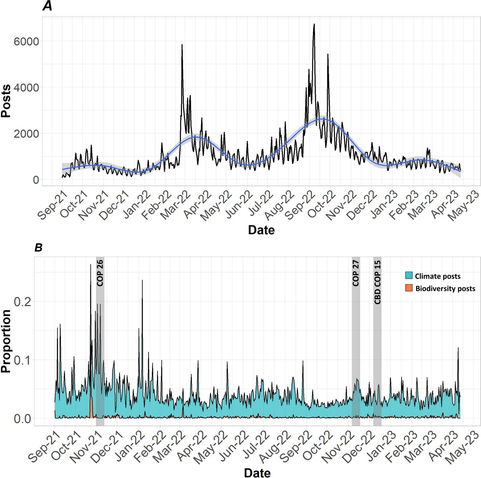
Climate and biodiversity perceptions amid the European energy crisis: shifting social media narratives - Sustainability Science
Public support for addressing the sustainability crisis is crucial for mainstreaming environmental issues into policymaking. Recently, escalating impacts of an energy crisis have sparked debates over European energy governance, influencing policymaking on climate and biodiversity goals. Understanding how public attention towards climate and biodiversity is mediated by social media during crises can provide insights into the processes of public opinion formation. We investigated the attention patterns, narrative shifts, and sentiment regarding climate and biodiversity concerning European energy governance on X (formerly Twitter), between 2021 and 2023. We employed the issue–attention cycle framework and combined quantitative methods with qualitative thematic analysis. We found limited attention on climate and biodiversity in European energy governance, suggesting low engagement with the interconnected dimensions of the crisis. Climate and biodiversity issues were mainly linked to energy governance in relation to the transition from fossil fuels to renewables. Attention fluctuated over time following three waves of salient themes: the unfolding energy crisis, geopolitical instability, and socio-economic concerns. Geopolitical events elicited a sense of urgency for accelerating the energy transition. However, socio-economic events (high energy prices) aroused critical views towards the transition, reflecting emerging discourses against decarbonization in the EU. Limited attention to climate and biodiversity on social media may reinforce the perception that these issues are unrelated to energy governance, driving public support towards uncoordinated, even contradictory, sectorial policies. The construction of saliency around polarized framing on social media may push opinions against environmental policies on energy governance, challenging the reconciliation of environmental, economic, and social imperatives of sustainability.
"Invasive species have contributed to approximately 60% of recorded global extinctions."
IPBES (2023). Summary for Policymakers of the Thematic Assessment Report on Invasive Alien Species and their Control of the Intergovernmental Science-Policy Platform on Biodiversity and Ecosystem Services. Roy, H. E., Pauchard, A., Stoett, P., Renard Truong, T., Bacher, S., Galil, B. S., Hulme, P. E., Ikeda, T., Sankaran, K. V., McGeoch, M. A., Meyerson, L. A., Nuñez, M. A., Ordonez, A., Rahlao, S. J., Schwindt, E., Seebens, H., Sheppard, A. W., and Vandvik, V. (eds.). IPBES secretariat, Bonn, Germany. https://doi.org/10.5281/zenodo.7430692
#invadedlandscapes #invasivespecies #invasiveplants #invasiveplantspecies #biodiversityloss #extinction
And it's not the most funny...
Read about #PhosphorusLimitation #nitrogen and #oceanDesertification
And of course #biodiversityloss
In 20 to 30 years, oceans could be empty and we won't be able to grow food
This is amazing the speed at which we are destroying the planet, knowing it and most important knowing the solutions
We simply do not want to change...
@soydelbierzo On a planet with #climateCrisis and #biodiversity loss, we need *all* #seedBanks everywhere.
You can see what happens with #biodiversityloss if only a small region get's a disturbed #ecology system.
Ecology is not a national but a planetary thing. Plus #economy: The USA export food. Poor countries with disturbed farming are dependend on imports. We need more species for the future of *humanity* as a whole.
What happens in the USA roughly concerns the EU, too!
@Blueteamsherpa
